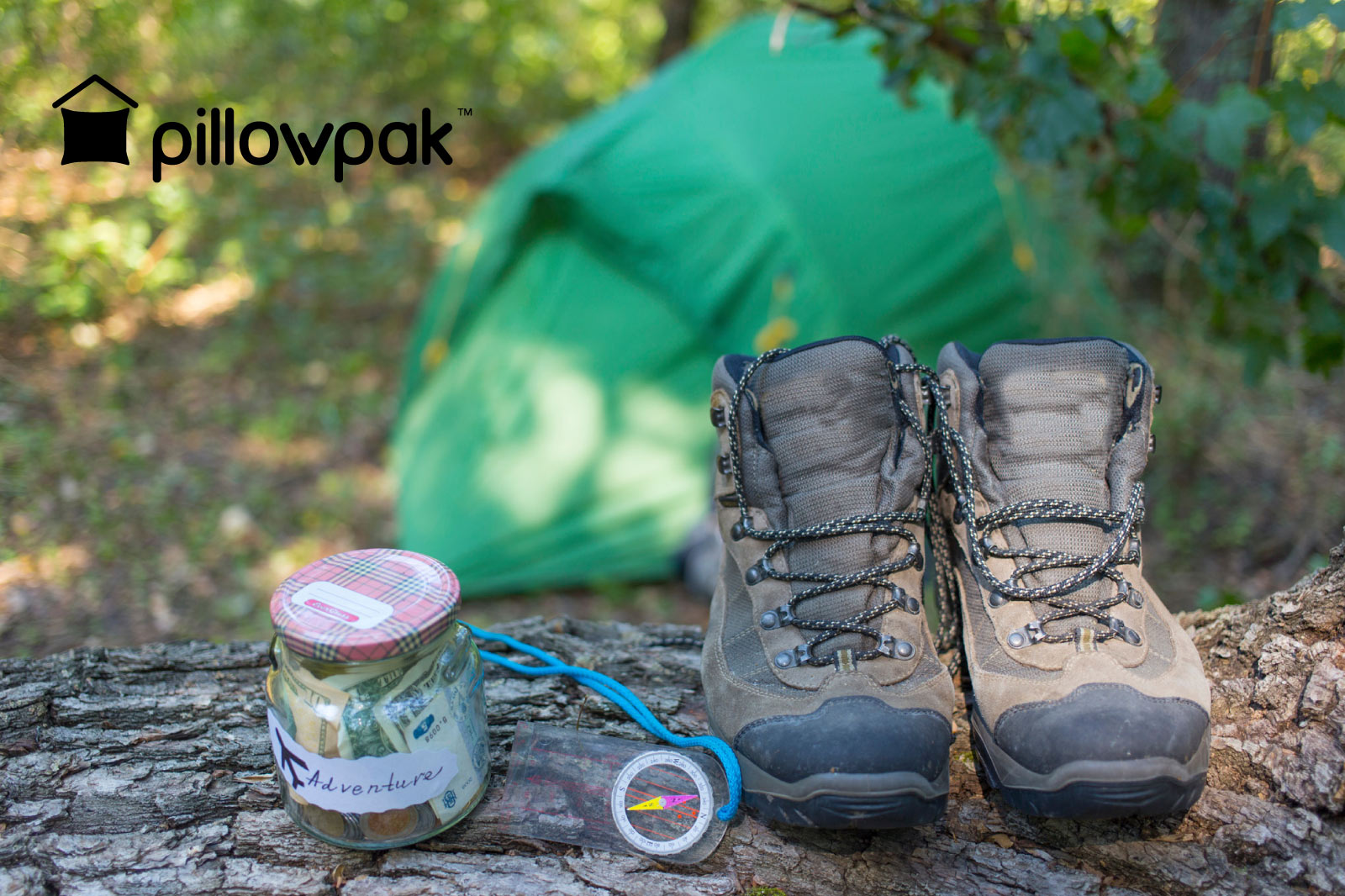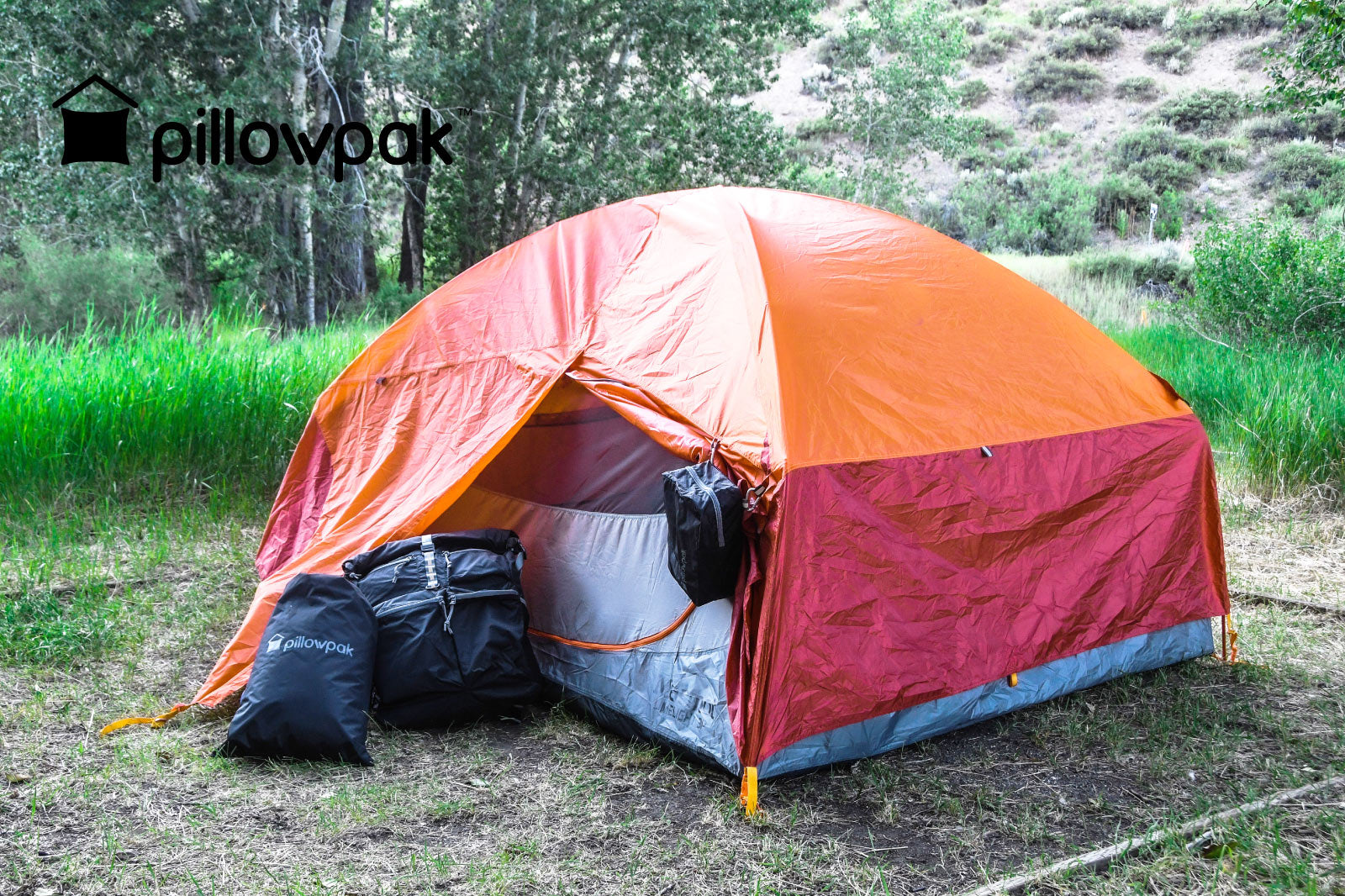As all parents know, choosing a summer camp for your kids can take plenty of research and planning. Establishing a budget, deciding on a suitable location and managing your children’s expectations can cause plenty of headaches.
If that sounds all too familiar then this article could help you. We’ve compiled a list of what makes a good summer camp to help you pick the perfect camping experience for your children.
1. Set expectations
It’s best to involve your children right from the start. Discuss with them key aspects of their camp experience including the possible length of the trip and the locations that you’re considering. Our parent’s summer camp survival guide provides more reading on this topic.
Also, think about what you and they both want to get out of the experience. Do you have a daughter who’s a budding software developer, or a son that would like to meet other people who are into the same sports as him? Spending some time to think this through can really help you to refine your search for the best type of summer camp for your child (more on this below).
2. Overnight versus day camp
The decision between overnight versus day camp usually comes down to age. While some camps offer sleepaways to children as young as six, this is a decision that each parent needs to consider carefully. There is no “perfect age” to begin overnight camping, it all depends on whether you consider your child to be ready or not.
If your child has shown him or herself to be a responsible member of their class and is confident and outgoing, this could be a sign that they’re ready for overnight camp. Or maybe your child is a little introverted, but you feel that overnight camp could be a great way to push them a little bit out of their comfort zone and build their confidence. But whatever you decide, the previous point also applies here, as it’s important to set expectations with your child on this topic.
3. Decide on what “type” of camp
There are a lot more camp options than when we were kids. On one hand, this is great, as you can find a camp to suit all interests. But on the other hand, it can make it even harder to come to a decision. Here are just a few of the options we now have:
- Academic: While the word sounds a bit stuffy, these camps are anything but. Your child will get to spend a few weeks or maybe even a month indulging in a passion that may only be satisfied for a few hours a week in school. Software development, photography, math, and foreign language-focused camps are all available, to list just a few.
- Art: This encompasses all of the arts, including music, painting, theatre, and dance. So if your child has more of an artistic flair, this could be the perfect type of camp for them.
- Sport: If your child is less engaged with academic or artistic pursuits, then it could be the case that they love sports. Some camps offer a mix of many different sports, while offers specialize in one, such as soccer camps.
- Traditional: This is the type of camp that you may have experienced when you were a kid. Think of it as a great “all-rounder” option for kids that enjoy a bit of everything.
4. Think about the location
How far are you prepared to drive for a round trip, twice? How far away from home are you comfortable having your child? Work out the maximum number of hours in the car that’s acceptable with you, and your overall comfort, then make this part of your search criteria. Also, if it’s your child’s first sleepaway summer camp, it’s perhaps preferable to choose a location that’s close to home, in case your plans change or you need to make an unexpected visit to the summer camp to check up your child.
5. Check the facilities
Two of the most important facilities to review are the sleeping accommodations and the cafeteria. You need to be confident that your child will be comfortable and well rested and that the cafeteria serves a menu that both you and your child will be happy with. Then consider the camp specific facilities, such as sports pitches, computer labs, or music rooms, to see if they’ll provide the experience you and your child are hoping for.
6. Set a budget
Summer camp prices can vary a lot, depending on their theme and setting. Sending your child off for a month to experience photography and painting with amazing facilities and super knowledgeable instructors probably won’t come cheap. But you should look at summer camp as an investment, rather than an expense. Not only are they great confidence builders, but special interest camps can also inspire your child to set off on their future career path.
So with this in mind, you need to think that the higher the cost usually means the more activities and facilities that are provided. You also need to carefully consider what the advertised price does and doesn’t include, such as meals or certain activities. And as with most things in life, it usually pays to book early, as that’s when the biggest discounts are normally available.
7. Ask your friends
Testimonials that you read online can give you a bit of a feel for what a particular camp is like, but for the honest truth, you can’t beat your friends and family. Ask them what summer camps their children have gone to, how they found it, and what they got out of it. A glowing recommendation from a close friend is a sure sign that their child had a great summer camp experience.
8. Organize with other parents
If you have a younger child that’s nervous about attending summer camp, perhaps because it’s going to be their first overnight camp, then a great way to manage this is by organizing a joint trip with the parents of their friends. Planning a summer camp with some of your child’s friends can be the perfect way to dispel nerves, while still building confidence away from home.
9. Research online reviews
We all know to take everything we read online with a grain of salt. So while reading the testimonials provided on summer camp websites is useful, you should also hunt out reviews placed on third-party review platforms. These will provide a broader view of what the camp was really like.
10. Find great summer camp instructors
Inspiring camp instructors can make or break a summer camp for your kids. As part of your online research, look out for what people say about the camp coach’s personalities. A fun and engaging supervisor can turn your child’s good summer camp experience into an amazing one.
And finally
Once you’ve chosen the best summer camp for your children, read our summer camp packing list guide for the definitive list on what to pack for camp.
Also in Guides


12 Hacks for DIY Glamping on a Budget


How to Choose the Best Family Camping Tent






